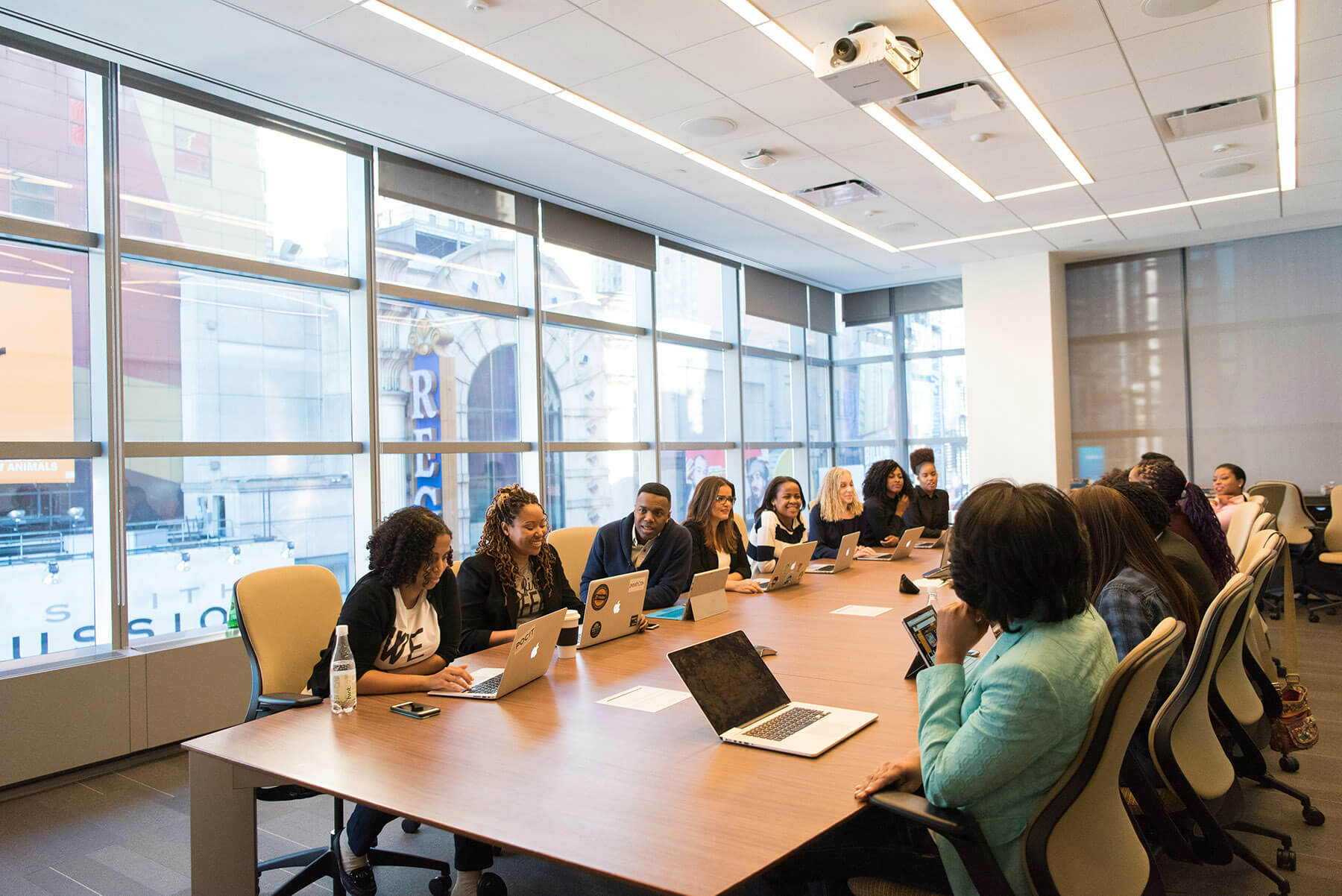IA Insights > Blog
What a Career in Education Taught Me About Creating Goals
What a Career in Education Taught Me About Creating Goals
Every year, we unwrap a new gift - an opportunity to set a new cadence for our lives, build shiny new habits, and give closure to some of the thoughts, patterns, emotions, and situations that we want to leave behind. But let’s face it, we’ve all set goals only to have them fall short, created when emotions were high and dropped when we were hit by reality, uncertainty, and turbulence in our lives.
My high-stakes, high-demand career in education taught me a great deal about what makes a difference in setting and adjusting goals. As a teacher, and later as a social-emotional learning specialist, I learned that my capacity would never catch up to the demand, and the goal post is constantly moving. The full sacrifice of every drop of my time and energy left me questioning what it means to be successful and happy. My survival meant that I had to figure out how to do less with greater impact, and I let that guide my goals.
Even if you have set your goals for the year, it is important to continually reflect and make sure that you are on track to achieving them. This article will provide valuable insights from an experienced (and overworked) educator on how to set realistic goals and track progress throughout the year. Remember, it's never too late to make changes and improve your approach to goal setting.
1. When Setting Goals, Remember YourselfAs an educator, I often found myself with a heavy workload and high levels of stress. With the demands of students, families, and paperwork, it was easy to neglect my own well-being. However, I learned that taking the time to focus on my own joy and self-care had a positive impact not only on myself but also on those around me.
That's why, when setting goals, it's important to include one that specifically focuses on improving yourself and protecting your time and energy. One simple but effective way to do this is by setting a daily goal to check in on yourself, such as blocking out 30 minutes to reflect and practice self-care. This small but meaningful step can help you be the best version of yourself for your family, colleagues, and students. By prioritizing your own well-being, you will be better equipped to handle the demands of your profession and have a more positive impact on those around you.
2. Measure What MattersWhile it’s crucial that the goals you set for the year should be measurable, it’s important to balance what you’re actually measuring. Because educators are responsible for results (good test scores), that’s where most educators tend to focus their energy. However, sometimes we miss the forest for the trees when we overlook critical factors such as the engagement of students, relationships with families, and the everyday experience of our classroom community. Perhaps you can relate to this, regardless of your industry or role.
When setting goals around your KPIs this year, recognize that relationships and processes are also important dimensions of success. Measure process improvements in how the work gets done, managed, and evaluated. Design performance indicators to gauge the quality of relationships such as trust, communication, inclusion, appreciation, and connection. To learn more, watch this short video where Senior Consultant, Beth O’Neill, outlines the importance of measuring success through Results, Process, and Relationship lens.
3. Celebrate Small Victories Along the Way
Often, we wait until the completion of a project or distant goal to celebrate our accomplishments and the success of our efforts. However, if we celebrate progress often, we can motivate ourselves with bits of dopamine and positive emotions which propel further action. In fact, research from the field of positive psychology shows that smaller, more frequent celebration is more impactful than waiting for the one big win. In the classroom, teachers often keep a marble jar, which is added to every time the group makes progress. Students work hard to ensure that the marbles in the jar grow on a daily basis because it makes them feel accomplished and offers a visual representation of their hard work. Whether or not you use a marble jar this year, it’s a good idea to intentionally celebrate yourself and others often.
4. Normalize Feedback and Make Adjustments
The primary reason behind setting goals is to bring about some form of change or improvement, whether in productivity, culture, or another dimension of your work. One of the best ways to get aligned on what needs to be improved is through feedback. As an educator, it was not a rare occurrence to be observed and evaluated. It required some level of vulnerability and humility. Some of the most difficult conversations we will have in our lives are those involving feedback, whether it be solicited or unsolicited, whether it be from a wise mentor, a family member, or a dear friend. We may find ourselves with feelings of anxiety, fear, excitement, or trepidation. This may be due to the low frequency of feedback we receive, and as one climbs the leadership ladder, the opportunities may be far and few between.
However, it seems necessary for any organization focused on learning and improving to get ongoing feedback as the work gets done. So, if you’re focused on progress, ask for feedback often and act on it whenever possible. Small adjustments over time can quickly compound.
Setting goals is a great way to take control of your life and make progress towards your desired outcomes. However, it's important to make sure that your goals are realistic and that you are on track to achieving them. As an experienced educator, I have learned that when setting goals, it's important to start with yourself, measure what matters, celebrate small victories along the way, and normalize feedback to make small incremental adjustments. By following these tips, you’ll be better equipped to handle the demands of your profession and have a more positive impact on those around you.
Do you want to develop leaders who inspire engagement with a strong vision and attention to relationships as well as improving processes? The Seven Practices of Facilitative Leadership have helped thousands of leaders improve their organizations, gain commitment from key stakeholders, and re-shape culture to allow the emergence of collective capabilities.
About Priti Ahuja
Priti’s mission is to provide educational leaders with practical insights and collaboration tools for leading school reform and transformation initiatives. In her work as a group process consultant, trainer and leadership coach, Priti integrates positive psychology, emotional intelligence, and mindfulness practices. She believes that authentic human connection has the power to heal divisions and leverage the natural inclination in most people to be helpful and collaborative. Prior to joining Interaction Associates, Priti was a professional development consultant for Dallas ISD. Earlier in her career, she worked in marketing and advertising for private and not-for-profit sector clients. In that experience, Priti learned that words are important, and kind words have the most positive impact. Priti's favorite IA practice is to balance her focus across three dimensions of success: results, process, and relationship. With a high focus on achievement and results in education, this practice reminds her to consider the process (how we work together, use resources, talent and time) and relationship (how we build trust, practice empathy and model relational values). Priti earned a Master’s Degree in Education and Child Development from Erikson Institute, Chicago, Illinois. She is a fellow of the Transformative Educational Leadership (TEL) program and serves on the advisory board of The Educator Collective, an organization dedicated to empowering education professionals.





